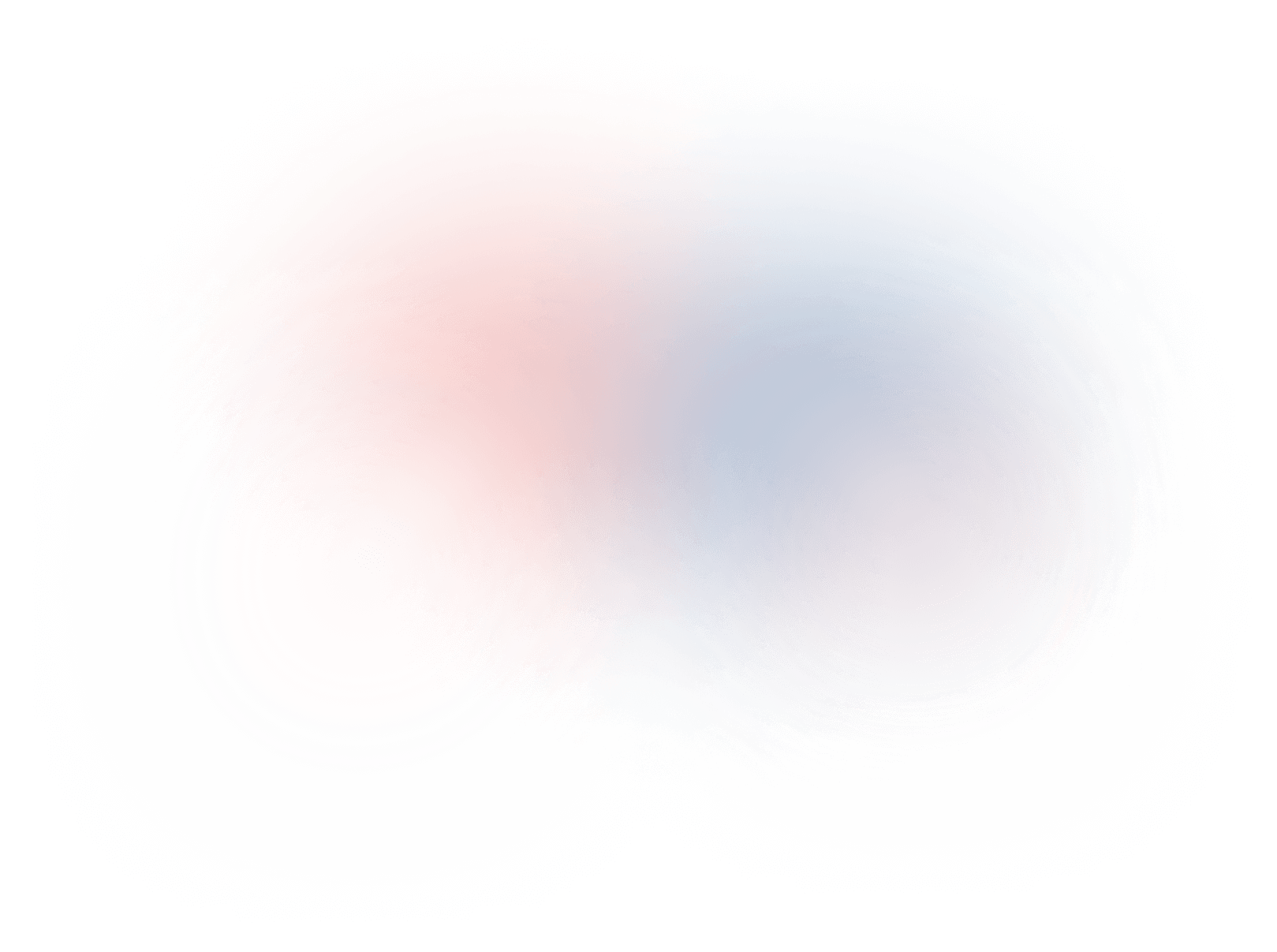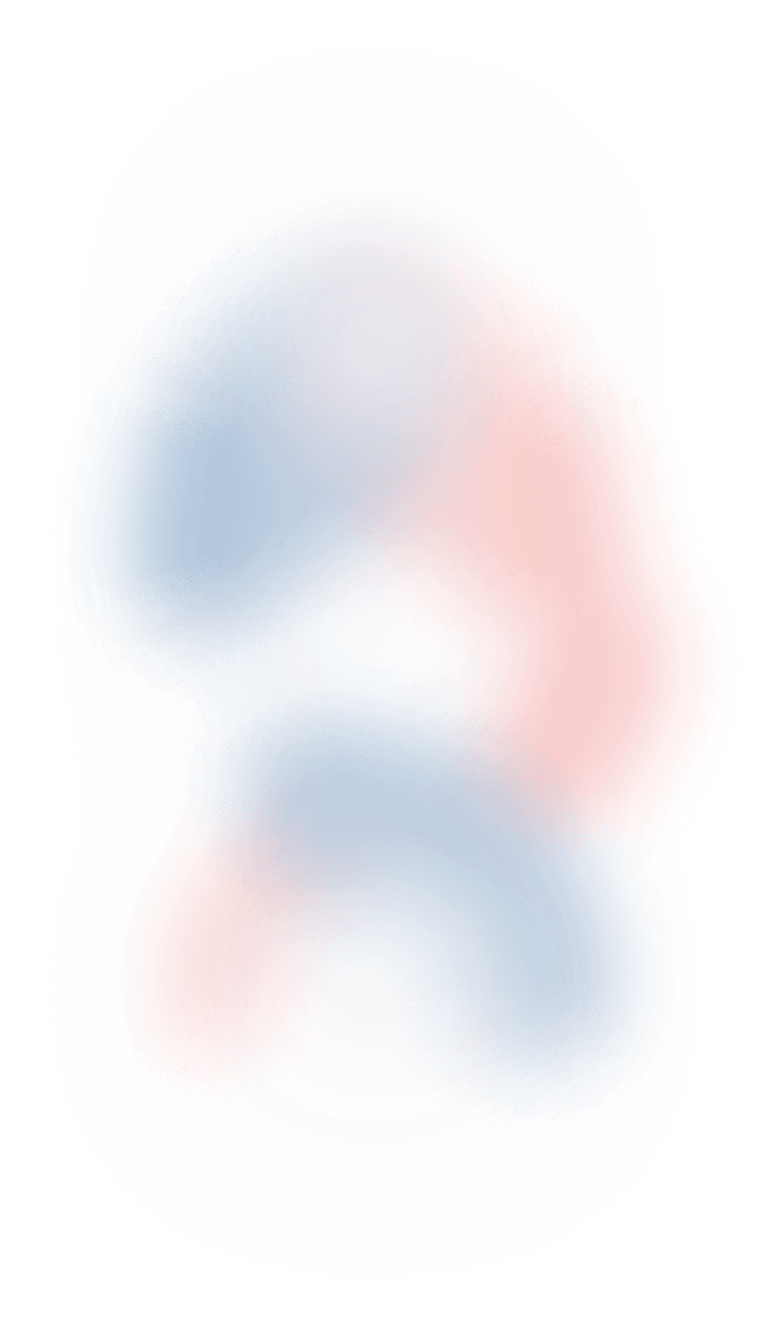North Dakota cannabis law
| Medical patients | 3 oz |
| Recreational users | Illegal |
| Medical patients | 5% sales tax |
| Recreational users | Not applicable |



Do I qualify?


Concise guide to North Dakota's medical marijuana laws
- Agitation from Alzheimer’s disease or related dementia
- Amyotrophic lateral sclerosis (ALS)
- Anorexia nervosa
- Anxiety disorder
- Autism spectrum disorder
- Brain injury
- Bulimia nervosa
- Cachexia or Wasting syndrome
- Cancer
- Chronic or debilitating disease
- Crohn’s disease
- Ehlers-Danlos syndrome
- Endometriosis
- Epilepsy
- Fibromyalgia
- Glaucoma
- Hepatitis C
- HIV/AIDS
- Interstitial cystitis
- Intractable nausea
- Neuropathy
- Migraine
- Multiple sclerosis
- Post-traumatic stress disorder (PTSD)
- Rheumatoid arthritis
- Seizures
- Severe and persistent muscle spasms
- Severe debilitating pain
- Spinal stenosis
- Terminally ill patients admitted to hospice care **
- Tourette syndrome
** These patients are permitted to self-certify
Patients who possess a physician’s recommendation may legally obtain up to three ounces of herbal medical cannabis provided by state licensed dispensaries. A registered qualifying patient may not purchase or have purchased by a registered designated caregiver more than the maximum concentration or amount of tetrahydrocannabinol permitted in a thirty – day period. The maximum concentration or amount of tetrahydrocannabinol permitted in a thirty – day period for a cannabinoid concentrate or medical cannabinoid product, or the cumulative total of both, is six thousand milligrams. Patients must have a specific certification from their physician in order to consume herbal cannabis formulations via combustion. Otherwise patients are permitted only to obtain cannabis infused tinctures, capsules, patches, or topical. Edible products are not defined as a “medical cannabinoid product” under the act. A health care provider may authorize the use an enhanced amount (up to six ounces) of dried leaves or flowers of the plant of the genus cannabis in a combustible delivery form to treat or alleviate the patient’s debilitating medical condition of cancer.
No. This provision was removed by lawmakers by the passage of SB 2344.
Yes, but no more than two producers and eight dispensaries.
No
9,951
Source: North Dakota Department of Health and Human Services, as of May 2024
No
N/A
























